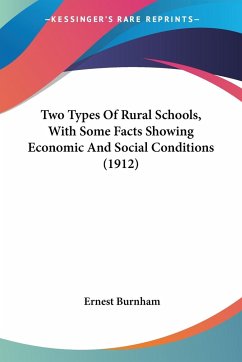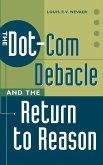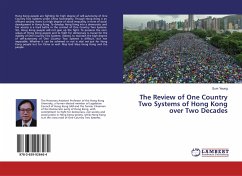In today's South, urban centers are prospering while many rural communities and areas with high proportions of black residents have fallen behind. This comprehensive volume takes a hard look at the problem. The author examines the patterns of prosperity and poverty in the South from the 1950s through the present, focusing mainly on the period after 1970. The rural populations have an abundance of people with few skills, little education, and little hope of entering the economic mainstream of American society. They are not in line for the promise of the urban new South which has been enveloped in an industrial renaissance. A wide range of federal, state, and local data has been used in this study. It explores changes in social and economic well-being and opportunity across labor market groups. Race and sex subpopulations are given particular attention. Two Sides to the Sunbelt begins with a look at how the present situation came into being. Such issues as economic stagnation and the serious problems of health, education, and welfare are addressed. The industrial and occupational climate today is examined next. The author closely ties issues on economic development to social justice as he concludes his study of this unbalanced situation.
Hinweis: Dieser Artikel kann nur an eine deutsche Lieferadresse ausgeliefert werden.
Hinweis: Dieser Artikel kann nur an eine deutsche Lieferadresse ausgeliefert werden.








